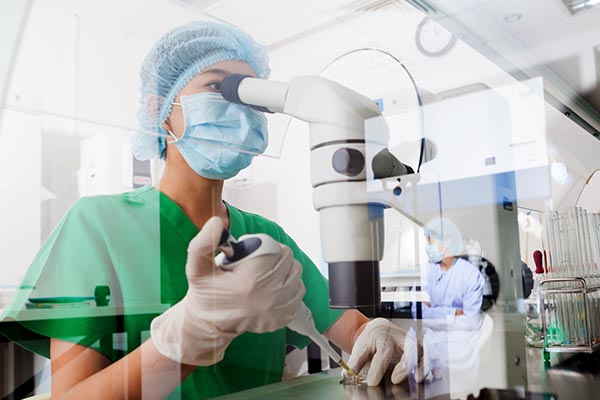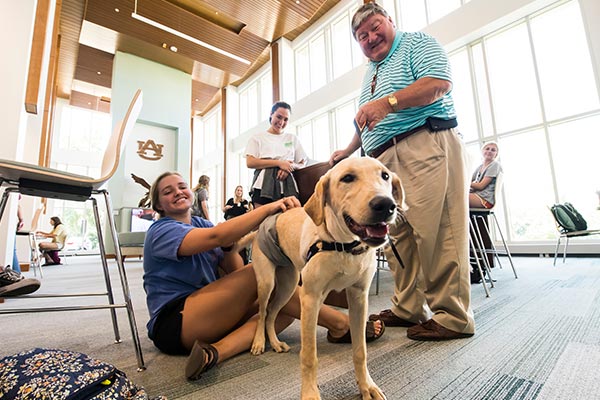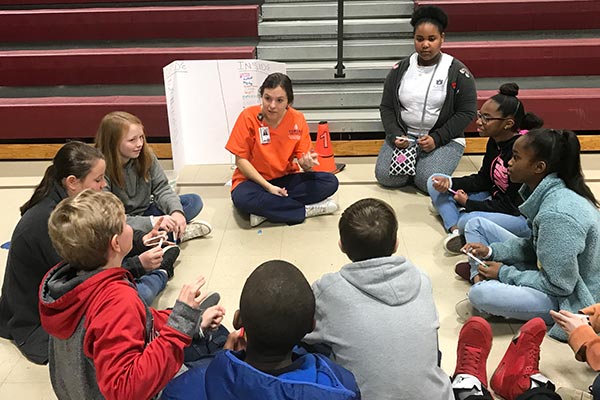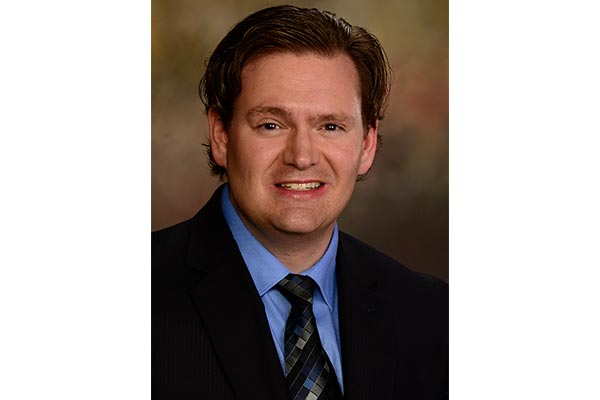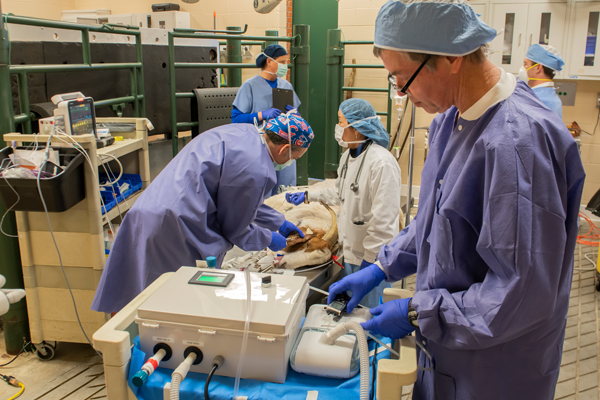Auburn University research is providing hope to children facing the deadly genetic disease, GM1 gangliosidosis.
The optimistic outlook is seen in an 11-year-old girl who became the first patient to receive a gene therapy treatment, called AXO-AAV-GM1, during a human clinical trial that began last year at the National Institutes of Health. Auburn’s College of Veterinary Medicine and the University of Massachusetts Medical School developed the treatment that has moved from helping cats with GM1 to hopefully helping children.
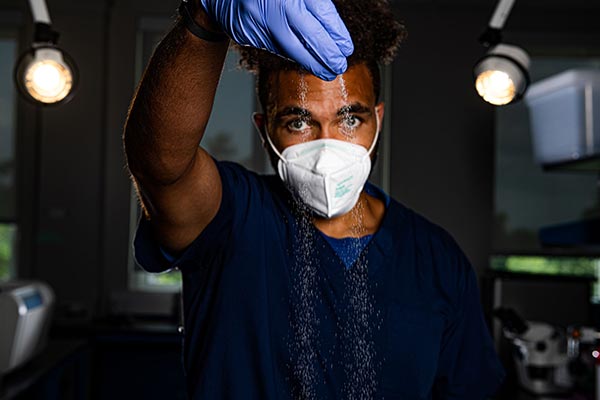
Auburn researchers are working hard to provide life-saving solutions to real-world problems. One of those dedicated scientists is School of Kinesiology Assistant Professor Austin Robinson, who is researching why African Americans are more likely to have diminished cardiovascular function after eating high amounts of dietary sodium.
Robinson’s research is being propelled by a $764,093 five-year grant from the National Institutes of Health, or NIH, for the National Heart, Lung and Blood Institute Career Development Award on “Racial Differences in Serum Sodium and Blood Pressure Regulation.” His award is part of the NIH’s commitment to increasing the role of minorities in a variety of biomedical research disciplines.
Robinson hopes to close that gap and ultimately be able to find conclusive information that can address the sodium and blood pressure regulation health disparity facing African Americans. He also hopes the research will pave the way for more grants so he can continue to study concepts like the potentially protective role of physical fitness or certain dietary compounds in the context of high salt intake..
Researchers from the College of Veterinary Medicine are partnering with Humane Genomics Inc. to develop a potential vaccine for the COVID-19 virus currently at the heart of the ongoing global pandemic.
The collaboration between Auburn and Humane Genomics is an outgrowth of cooperation between the two in the field of cancer research. Much of the science used in this particular vaccine development is adapted from the company’s cutting-edge research into precision virus-based cancer therapies.
Researchers in the Auburn University School of Nursing are employing the use of animal-assisted therapy to promote social engagement among adults with dementia or other cognitive impairments.
CAREing Paws, or Canine Assisting Rehabilitation and Education, is believed to be the only animal-assisted therapy program of its kind in a nursing school setting, and is led by Assistant Professor Morgan Yordy and Associate Clinical Professor Stuart Pope. By including the dogs on a clinical site experience, Yordy and Pope have observed the positive behaviors between participants with dementia and the animals.
In the wake of the COVID-19 pandemic, faculty and students in the School of Nursing are providing preventive screening, nursing care, health teaching and health promotion to those in the state who often have limited access to health care. And is using their newly created podcast to expand their reach.
In addition, Auburn nursing alumni have served in Alabama and around the country, including the USNS Comfort, providing care to patients with or without the virus and support as surrogate family members with hospitals prohibiting visitors.
Spencer Durham, associate clinical professor in the Auburn University Harrison School of Pharmacy, has been named to Alabama’s Coronavirus (COVID-19) Task Force by Gov. Kay Ivey.
The task force is a collection of cabinet and state agency officials, as well as disease specialists in the state of Alabama. Durham, who also practices as the infectious diseases clinical pharmacist with the Central Alabama Veterans Health Care System, is a board-certified infectious diseases pharmacist.




